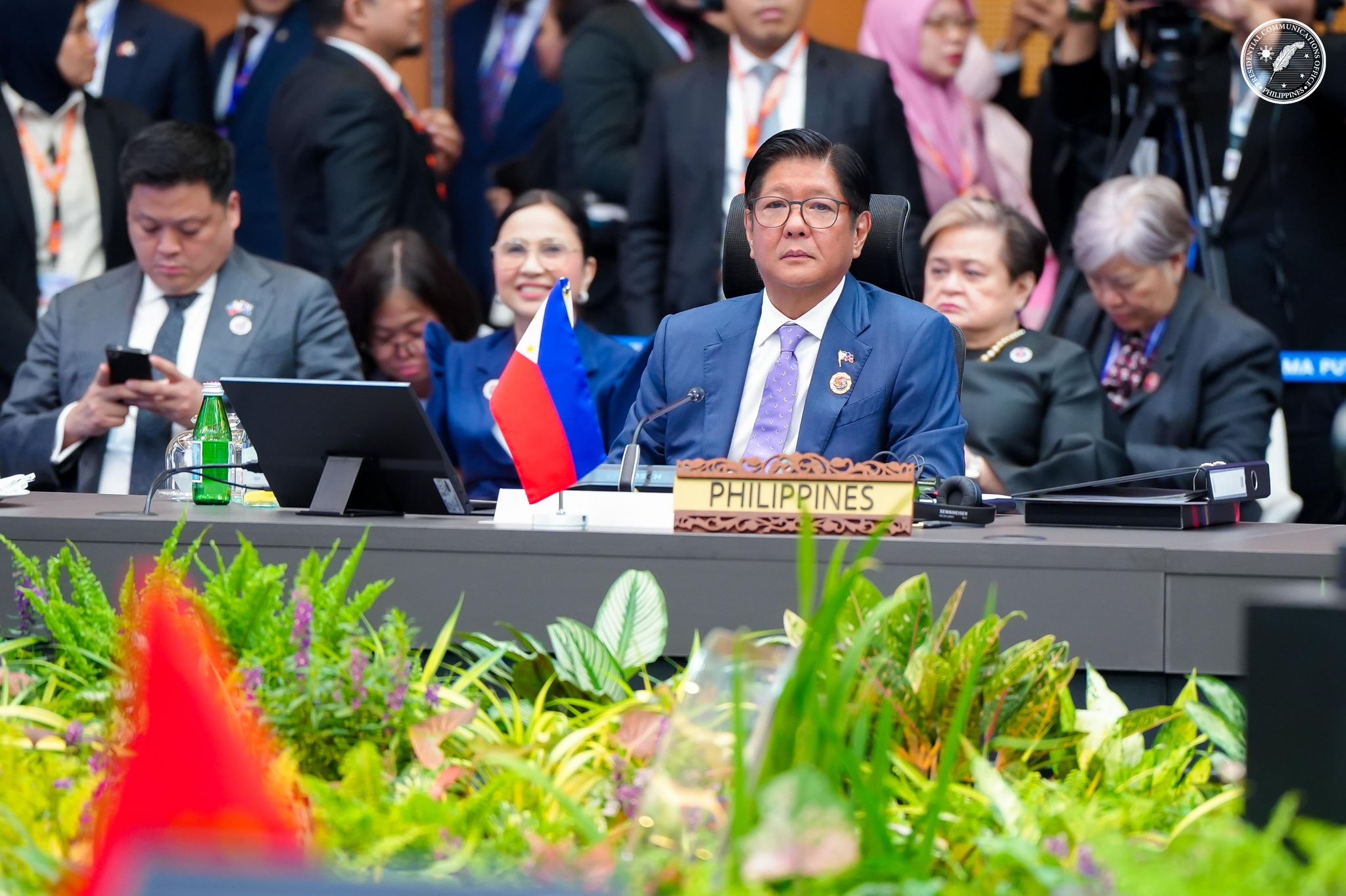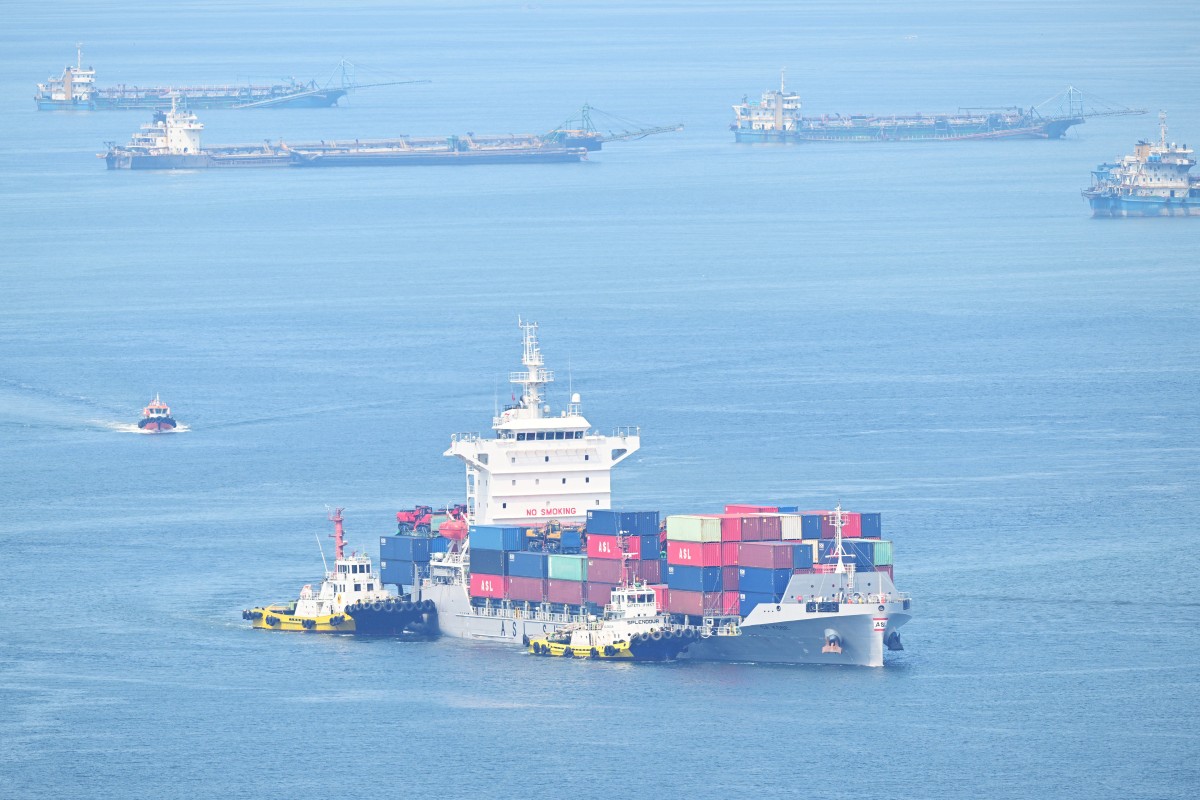
By Dean Aubrey Caratiquet
After earlier honoring Timor-Leste as the 11th member of the regional bloc and receiving support from Canada, Thailand, and Cambodia on the country’s chairship of Association of Southeast Asian Nations (ASEAN) 2026, President Ferdinand R. Marcos Jr. cited the Philippines’ readiness to host next year’s summit, focusing on initiatives that benefit the region’s member states.
Marcos made the remarks during his intervention at the 47th ASEAN Plenary held at Kuala Lumpur, Malaysia on Sunday, emphasizing the 11-member organization’s role in fostering regional stability, cooperation, and progress.
The President moreover reiterated the country’s commitment to achieving the ASEAN Vision 2045, which aims to bring uncompromising growth and development anchored on resilience, inclusivity, and dynamism in the region.
These pronouncements reaffirm the Chief Executive’s dedication towards upholding the Philippines’ participatory role in bolstering inter-regional economic ties, social protection systems, and sustainability.

Economic agenda in focus
President Marcos, meanwhile, lauded the signing of the Second Protocol to Amend the ASEAN Trade in Goods Agreement (ATIGA) and the ASEAN-China Free Trade Area (ACFTA) 3.0 Upgrade, which he touts as pivotal in the future growth of open markets and infrastructure development in the region.
These agreements, he says, are bound to benefit Philippine enterprises by serving as a key towards placing domestic goods on the global market, bringing in additional value and revenue to the country’s coffers, as well as boosting the Southeast Asian nation’s economy.
According to Special Assistant to the President on Investment and Economic Affairs (SAPIEA) Frederick Go, the enhanced ATIGA addresses current trade challenges and offers significant benefits through improvements in trade facilitation, transparency and dispute settlement, and the inclusion of new and emerging trade elements.
Businesses will find it easier to comply with administrative requirements on self-declaration of origin, with the implementation of the Electronic Certificate of Origin (e-Form D) and the acceptance of digital documentation.
Go said the strengthened transparency and cooperation provisions of the Agreement will enable ASEAN member-states to better respond to the potential impacts of new trade policies, “These provisions are particularly beneficial for micro, small, and medium-sized enterprises (MSMEs), enabling them to prepare for regulatory changes and mitigate adverse effects.”
Echoing the SAPIEA’s remarks on the enhanced ATIGA, Department of Foreign Affairs (DFA) Secretary Ma. Theresa Lazaro touted the ACFTA 3.0 Upgrade as the gateway towards new opportunities for cooperation in creating green and digital economies revolving around an interconnected supply chain with sustainability in mind.
Secretary Lazaro said, “The ASEAN-China Free Trade Area has long been one of ASEAN’s most important economic partnerships. Now, with the 3.0 Upgrade, both sides are working to make this partnership more modern, more comprehensive, and better aligned with today’s global realities.”
The ACFTA 3.0 Upgrade has included guidance on the following aspects of trade: Competition and Consumer Protection; Digital Economy; Green Economy; Supply Chain Connectivity; and Micro, Small, and Medium Enterprises.
avds
